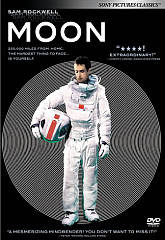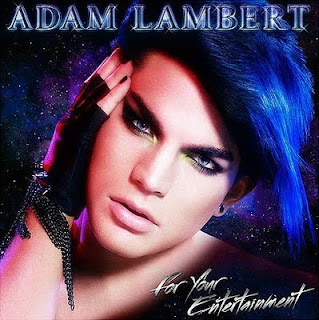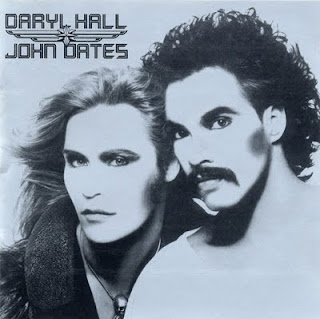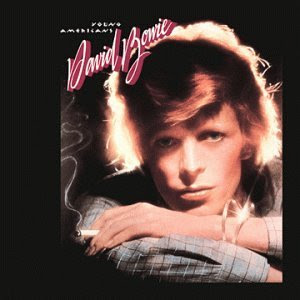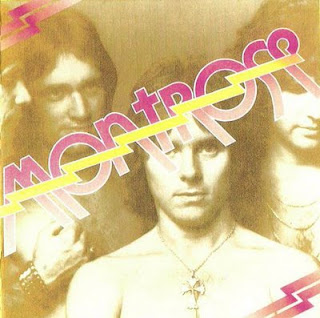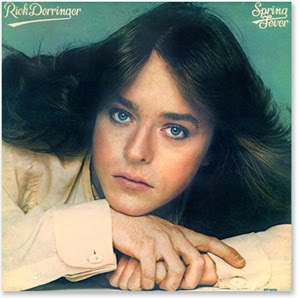 Underneath The Serious Moonlight
Underneath The Serious Moonlight4 Out Of 5 Stars
In the documentary "5 Years," there's a segment about "Let's Dance" that is kind of telling. When he arrived at the studio with producer Nile Rodgers, the consensus was that A) He wanted to make a 'hit record' and B) He was in fighting shape, buffed out from working out and taking boxing lessons. Those boxer gloves on the cover were not an affectation. Neither was the desire to have a commercially successful album. "Let's Dance" became Bowie's biggest hit to that date and racked up three hit singles, two of them top ten and only his second number one in the title track.
The album, as a whole, has held up quite well, given the production being very much of its time. Rodgers' bass lines are prominent, but the secret weapon was then little known guitarist Stevie Ray Vaughan. His sinewy guitar fires up "Modern Love" and the second recorded version of "Cat People (Putting Out Fire)." (The original was a synth heavy and more ominous version produced by co-writer Giorgio Morodor.) It's the first thing you hear on the CD, firing off the trio of hits back to back; "Modern Love," "China Girl" (co-written with Iggy Pop) and the title track's triumphant dance wallop. Had the album been an EP of the first side alone, the rating would have been five stars.

It's the lesser known songs that don't completely fulfill the early promise of "Let's Dance." That leaves "Ricochet," "Without You," "Criminal World," "Cat People" and "Shake It" to flesh out the album. I've already said how much I enjoy "Cat People," and of the others, only "Shake It" sounded like it could have been a follow-up single to the big three. The rest just can't compete.They aren't total tail-waggers, It's just that the initial salvos were flawless. Bowie is in fine form throughout, and he got his wish. "Let's Dance" still sounds like it was supposed to, and that is purely commercial, brainy and danceable pop.

























































![Station To Station [Special Edition] (3CD)](https://p.dreamwidth.org/69b839b796d6/3104870-162677/ws.amazon.com/widgets/q?MarketPlace=US&ServiceVersion=20070822&ID=AsinImage&WS=1&Format=_SL160_&ASIN=B003UTUQ3E&tag=timbro-20)


![Diamond Dogs [ECD]](https://p.dreamwidth.org/0f17130933ec/3104870-162677/ws.amazon.com/widgets/q?MarketPlace=US&ServiceVersion=20070822&ID=AsinImage&WS=1&Format=_SL160_&ASIN=B00001OH7S&tag=timbro-20)



